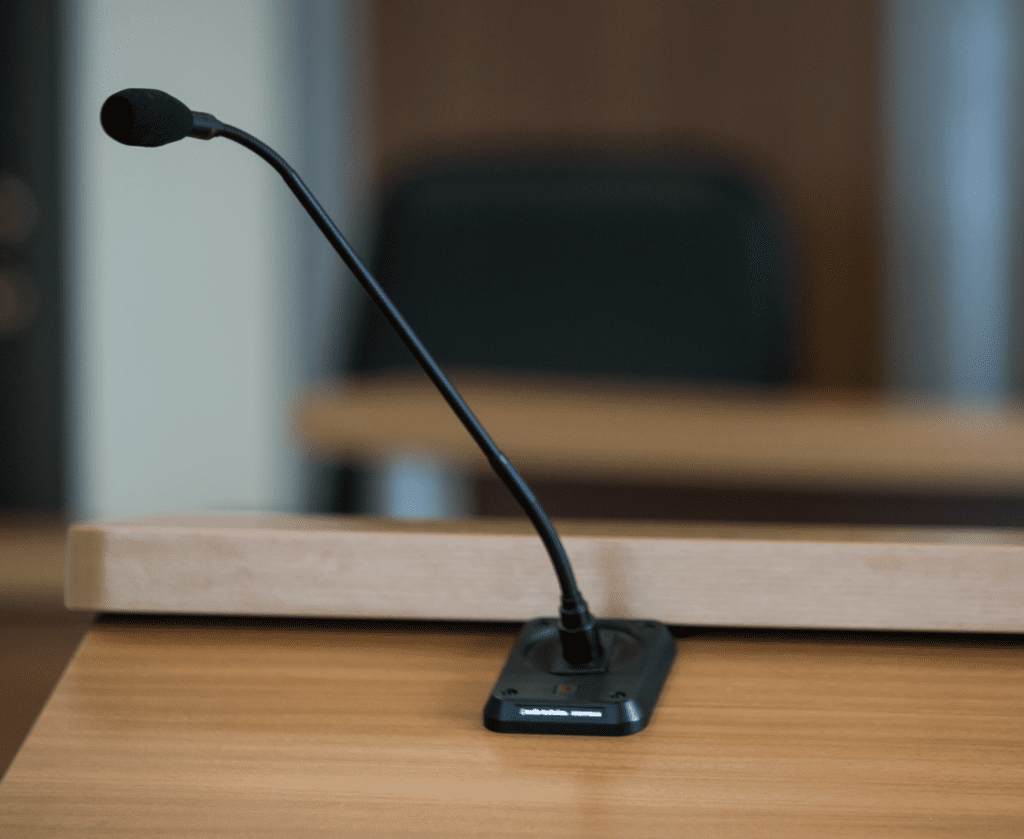Google doesn’t want AppNexus founder Brian O’Kelley – you know, the godfather of programmatic – to testify during its ad tech antitrust trial starting on September 9.
It also doesn’t want Index Exchange CEO Andrew Casale, OpenX CEO John Gentry, Vox CRO Ryan Pauley or The Trade Desk’s CRO Jed Dederick on the stand. And the list goes on. In fact, Google is looking to exclude all of the ad tech industry witnesses that were deposed as the DOJ was building its case.
Late last week, Google filed a motion to toss out any testimony related to Google’s alleged anticompetitive behavior coming from government witnesses who aren’t economists or antitrust experts.
Google’s argument is that “none of these third-party competitor witnesses has the proper foundation of knowledge, expert qualifications or done the required economic analysis to opine as to whether Google is a monopolist whose conduct harmed competition.”
Guess lived experience doesn’t count?
Competitors and customers
In its countermotion asking the court to deny Google’s request, filed last week, the DOJ takes specific issue with Google’s characterization of its industry witnesses as nothing more than competitors of Google.
Yes, third-party ad exchanges such as Xandr (née AppNexus), Index Exchange, Magnite, Kargo and OpenX compete with Google’s AdX – but they’re also Google’s customers. They use Google’s DSP and its publisher ad server.
“These exchanges make business decisions based in part on their reliance on Google, on both sides of the ad tech stack, to reach publishers and advertisers,” the DOJ writes. “Their testimony about being unable to compete with Google’s AdX is based on first-hand knowledge gathered on the job.”
“Moreover,” the DOJ continues (and who doesn’t love a good “moreover” in a legal filing) “some third parties have tried – with varying degrees of success – to offer their customers a publisher ad server tool, and lay witnesses with firsthand experiences developing and marketing such a tool can attest to the impact Google’s policies have had on their ability to develop and market alternatives or workarounds to Google’s DFP.”
OpenX, for instance, attempted – and ultimately failed – to compete with Google in the publisher ad server market, according to CEO John Gentry, who was deposed in October 2023.
In its countermotion, the DOJ quotes Gentry from his deposition, where he explained that OpenX had never been able to convince customers to drop AdX because AdX is the “delivery point for the largest source of demand in the display business.”
OpenX eventually shut down its ad server business in late 2018 and laid off 100 employees.
The DOJ also cites sworn statements by Brian O’Kelley, who said AppNexus “never got meaningful traction in the US” with its publisher ad server for similar reasons.
Header bidding emerged as a way for third-party exchanges to circumvent Google’s powerful position in the auction.
But, as O’Kelley observed during his deposition, Google’s last look advantage in open bidding allowed DFP and AdX to “manipulate auctions and manipulate the decisioning process, in [Google’s] benefit.”
Market realities matter
Google’s lawyers, however, characterize these and other statements as hearsay and conjecture. The motion to exclude points to Casale’s deposition from September 2023 as an example of speculative testimony.
When Casale was asked, “What is your understanding of why Google created the Open Bidding product?” he responded: “We assumed it was an attempt at creating a header bidding killer.”
He was also asked, “Have you ever spoken to publishers who expressed any concern about Google’s dominance across the ad tech stack?
Casale: “That’s a pretty common position that a lot of publishers have.”
(Interestingly, this second question and answer are cited in Google’s motion to exclude but are redacted from the version of Casale’s deposition that was unsealed together with hundreds of other trial exhibits over the past couple of weeks.)
In Google’s view, Casale’s statements and similar ones by other industry insiders are inadmissible because they constitute unsupported opinions.
“It makes no difference that third parties may profess to couch their opinions in many years or extensive experience in the industry,” Google writes in its motion. “The experience of third parties in the industry does not render them competent to testify as to conclusions such as whether a firm is dominant, a monopoly, anticompetitive or causing anticompetitive effects.”
But in the DOJ’s view, the industry experience of these witnesses is exactly what makes them valuable and viable.
“These market participants live and breathe the give-and-take of competition in the ad tech industry every day and are positioned as well or better than anyone else to testify to how Google’s conduct has affected them,” the DOJ writes. “While expert testimony serves an important role, market realities matter more than what is theoretically possible.”
So, what’ll happen here?
It seems unlikely that the people who laid the very first programmatic pipes won’t be allowed to testify in a trial that could alter the course of the ad tech industry.
But that decision will be left up to Leonie Brinkema, the federal judge presiding over United States v. Google LLC (take two).

